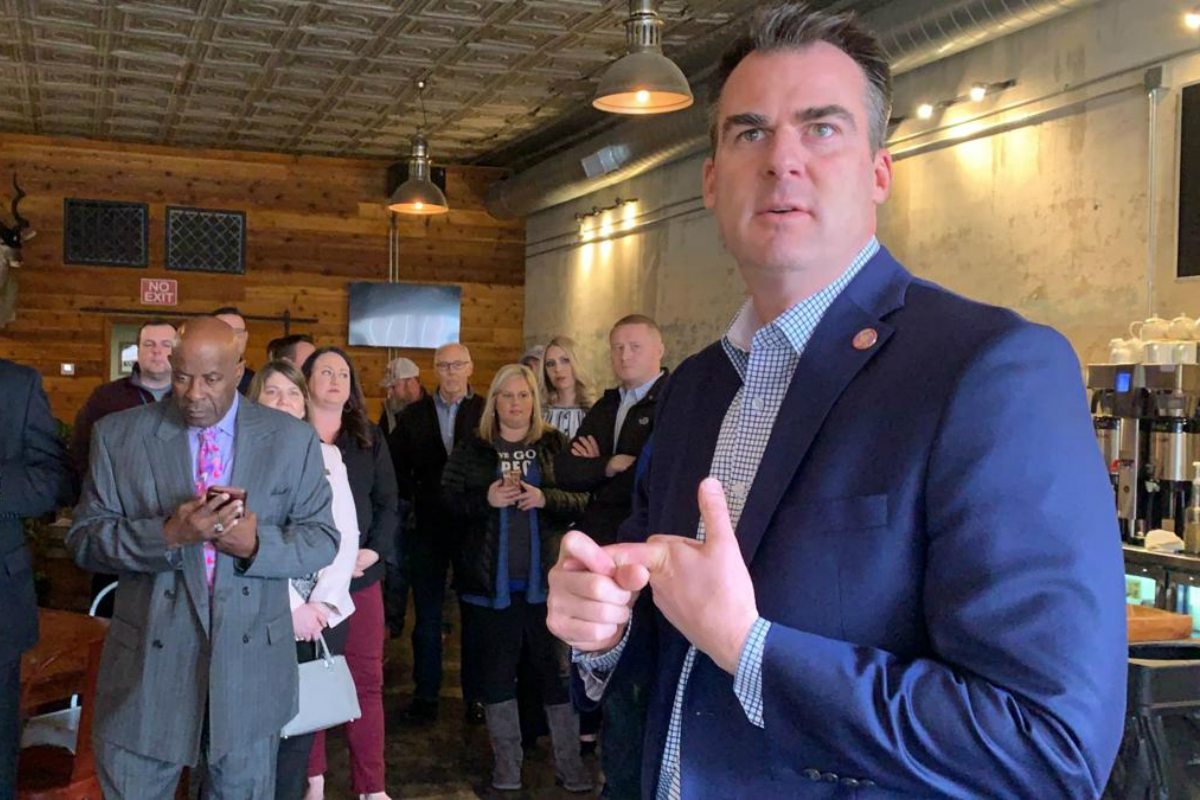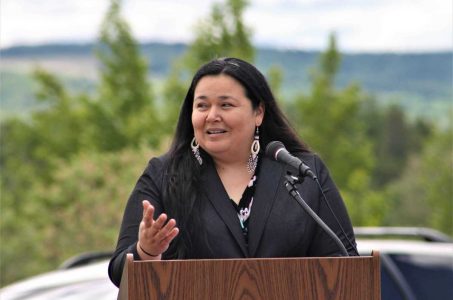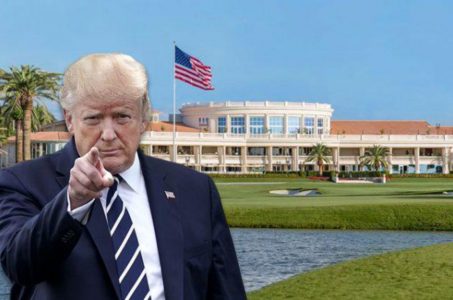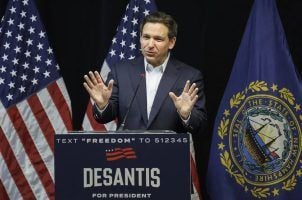Oklahoma Governor Kevin Stitt Says State Must Rework Tribal Gaming Compacts, Native American Leaders Fire Back
Posted on: July 11, 2019, 09:34h.
Last updated on: July 11, 2019, 11:30h.
Oklahoma Gov. Kevin Stitt (R) says the state’s present gaming compacts with the numerous tribes that operate around 130 casinos need to be reworked in order to require the Native American groups to share more revenue.

In a Tulsa World op-ed that came as a surprise to tribal leaders, the first-term governor who is a member of the Cherokee Nation himself said the nearly 15-year-old compacts are no longer acceptable deals. The Native American groups share between four and 10 percent of their gross gaming revenue (GGR) with the state in what’s called an “exclusivity fee.”
The easiest thing to do is simply renew the existing compacts ‘as is,’ rather than do the hard work of closely reviewing and negotiating new compacts that reflect the state of affairs today. I believe, however, that voters elected me to look at everything in state government with a fresh eye and, where necessary, make the difficult decisions that are in the best interest of all four million Oklahomans,” Stitt explained.
“In this case, that means sitting down with our tribal partners to discuss how to bring these 15-year-old compacts to an agreement that reflects market conditions for the gaming industry seen around the nation today,” the governor continued.
Going Rates
Stitt opines that the tax revenue sharing arrangement Oklahoma reached with its tribal entities in 2004 needs amending, as the market has fully matured. He points out that at an estimated $4.5 billion in GGR, the Sooner State is the third-largest gaming jurisdiction in the country behind only Nevada and California.
Oklahoma casinos range from small gaming annexes in gas stations to full-scale integrated resorts such as Winstar World, which is billed as the world’s largest gaming property.
Tribes pay a four percent tax on slot machine GGR on the first $10 million, five percent on the next $10 million, and six percent over $20 million. Table games share 10 percent with the state.
Stitt believes the exclusivity fee should be closer to 25 percent. Associated Press journalist Sean Murphy points out that tribal revenue sharing compacts in Arizona range from one to eight percent, and two to 10 percent in New Mexico.
Tribes Counter
Leaders of the powerful Oklahoma Native American groups were quick to respond to Stitt’s op-ed. They say if new terms can’t be reached when the current compacts expire on January 1, 2020, the present arrangements simply renew automatically.
What I don’t understand, in any of his op-ed, there’s no recognition of the true value of the tribes,” Quapaw Nation Chairman John Berrey told the AP. “Native American tribes are one of the largest employers in the state. We provide benefits for our employees. We’re probably the most philanthropic group in the state.”
Unlike in Florida where the Seminole Tribe prefers to do its gaming negotiations with the state out of the public eye, Stitt’s op-ed is seemingly setting up a tribal showdown in the coming years that should generate plenty of media attention.
Related News Articles
Gov. Ron DeSantis Seeks Extension in Florida Sports Betting Challenge
Most Popular
FTC: Casino Resort Fees Must Be Included in Upfront Hotel Rates
Genovese Capo Sentenced for Illegal Gambling on Long Island
NBA Referees Expose Sports Betting Abuse Following Steve Kerr Meltdown
UPDATE: Former Resorts World & MGM Grand Prez Loses Gaming License
Most Commented
-
UPDATE: Whiskey Pete’s Casino Near Las Vegas Closes
— December 20, 2024 — 30 Comments -
Caesars Virginia in Danville Now Accepting Hotel Room Reservations
— November 27, 2024 — 9 Comments -
UPDATE: Former Resorts World & MGM Grand Prez Loses Gaming License
— December 19, 2024 — 8 Comments -
FTC: Casino Resort Fees Must Be Included in Upfront Hotel Rates
— December 17, 2024 — 7 Comments
















Last Comment ( 1 )
He wants 25% of the revenue, let him also foot the bill for 25% of the expenses in operating a casino. See how he runs then.